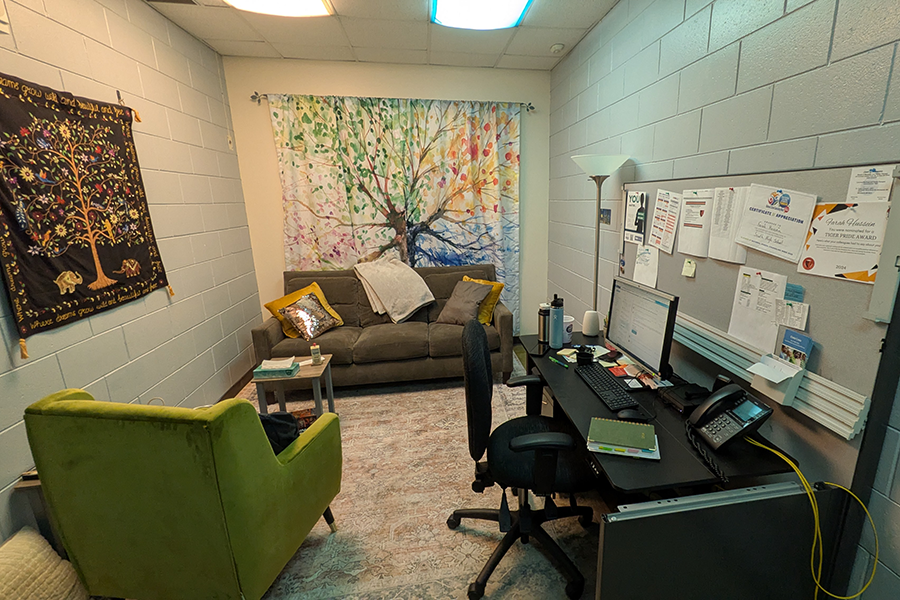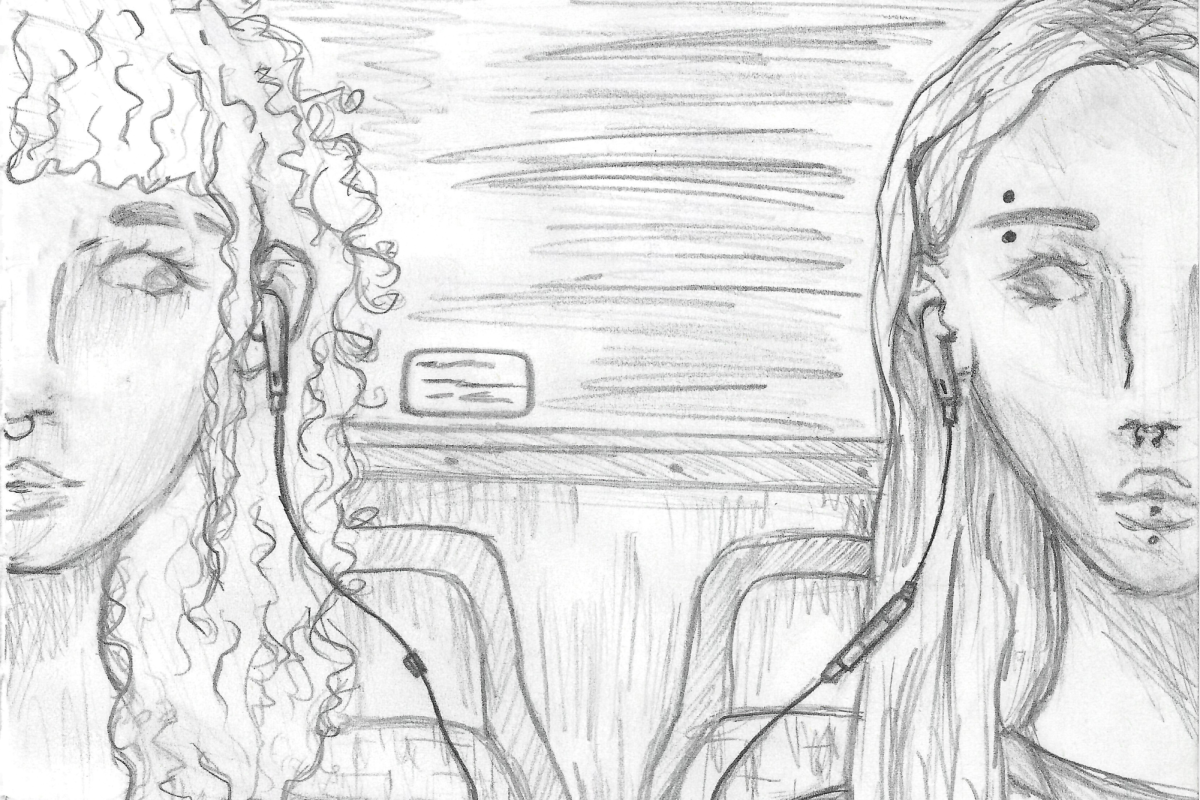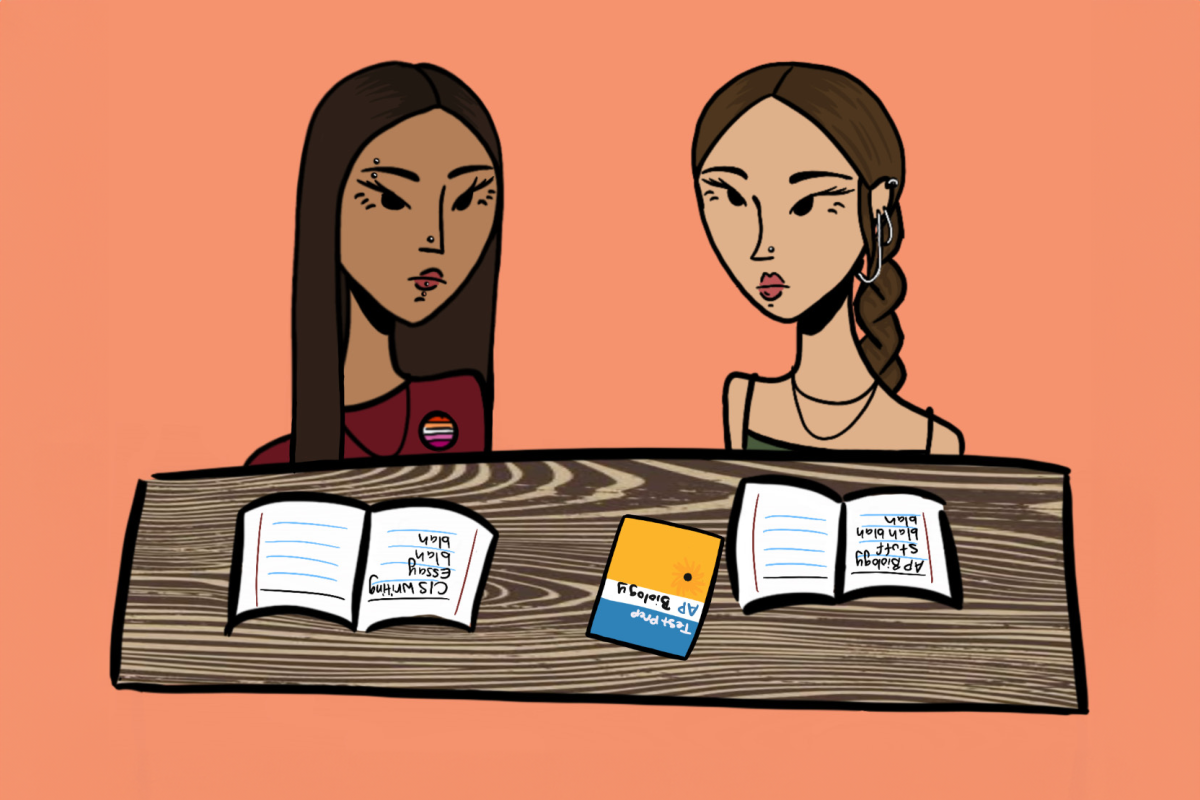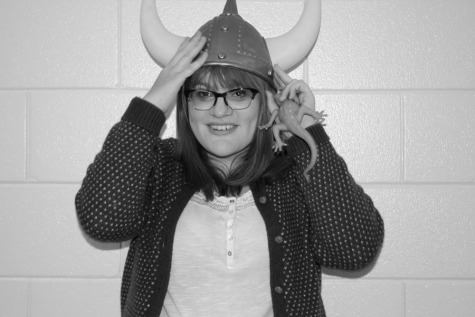In my years at South, I’ve noticed blatant anti-republican statements which are not necessarily backed up by facts. I’ve heard claims as broad as “I hate Republicans.” The lack of reaction has shocked me, because no one points out these blatant stereotypes. It’s no secret that liberals are in the majority. In fact, conservatives are under-represented to the point that Michael Diaz, a junior, said people are frequently surprised when they find out he isn’t a Democrat.
Lack of exposure to diverse opinions is limiting South students and preventing them from developing politically. Because there’s not representation for the opposing side, liberal beliefs are enforced rather than tested. Students become increasingly liberal as more reasons come up why they’re right, and general agreement leads to more extreme views, crowding out unbiased thinking. This doesn’t challenge students to think about or refine their own beliefs, as they would if they were trying to convince someone. Students aren’t motivated to think about what they believe because, with such a huge majority, the action that takes the least effort is not maintaining neutrality, it’s agreeing with the left-leaning mainstream.
Some students aren’t currently aware of their prejudices. It often doesn’t occur to students to edit disrespectful statements, because it’s not likely anyone will object. “We get kids who say ‘Do we get to talk about Mitt Romney? Good, because I hate that guy.’” said Michael Gay, a student teacher for a Government-Econ class at South, “There’s a lot of that being vocalized: anti-right wing sentiment.”
It’s not that conservative students don’t exist, but sharing their opinion with other students can be intimidating. Many choose not to speak up at all, because they are aware that the majority of the other people in the room disagree with them. “They’re very on paper, under the radar as far as their peers go,” said Gay.
If conservative students express their ideas, they face a lot of opposition, even from their friends. It’s important to be well informed and ready to defend their stance. “You just have to be willing to argue,” said Michael Diaz.
This is a sharp contrast to the experiences of South’s liberal majority. Chances are, if liberal students share their political views they will see people nodding along. To many, this unchallenged consensus seems like a good thing because they agree with the commonly held beliefs. It doesn’t seem to do any harm if everyone is right. However, this common view means that South students are missing an important experience: they don’t have the opportunity to interact with people who hold opinions they disagree with.
In many environments, the ability to work with people you disagree with is an important skill. If graduates carry the close-minded attitude commonly seen at South, remaining reluctant to accept the ideas of conservative people, they might find it very difficult to collaborate with people who they differ from politically as they enter the workforce or even college. As adults, having to realize that Republicans aren’t all bad and develop the ability to have a casual political discussion from differing viewpoints could put some South graduates well behind others.
When political discussions do come up in the future, graduates may experience debates very different from those at South. Here, students can easily participate without researching the views they’re expressing. “Because it sounds like everyone’s talking about it, you might want to sound like you know what it is, to sound smart, or liberal and cool,” explained sophomore Andie Alton. Few people participating in the discussion will challenge things, which means that exaggerated information can be accepted as factual. “One student brings in information, and they twist it. Like a game of telephone,” said Diaz.
South as a community also has a focus on social issues, like marriage equality. In discussions about these, students can back up their opinions with emotionally charged language without being asked to provide evidence. Students who might otherwise seek out information about the issues they’re passionate about don’t feel they need to, because they are still able to talk to people about them. In this case, the majority reduces drive to learn about politics.
Due to this social focus, when asked about their political views, students describe their stances on the marriage amendment and abortion, as opposed to fiscal policies, which they might know much less about. With education spending a major issue, this is something that stands to affect students personally.
This gap in knowledge means that some students are unaware of what supporting the Democratic party means, but they continue to do so passionately because they agree with the party on the issues that are prioritized and made prominent at South. A good portion of students may be educated about Democratic policies, but the factors that make it possible and even common not to be informed have problematic implications for our community.
Students shouldn’t change their beliefs or stop being liberal, but being more informed requires being open to hearing other ideas. South offers many opportunities that students can take advantage of, from the extracurricular activities, like the Tiger PAC (Political Activism Club) and Politics Club, to your history class. It may be as simple as asking your friends to explain their opinions. “Sometimes it’s difficult when two people are coming from two super different angles and trying to talk,” Alton said, “It’s something that everybody should work on.”







